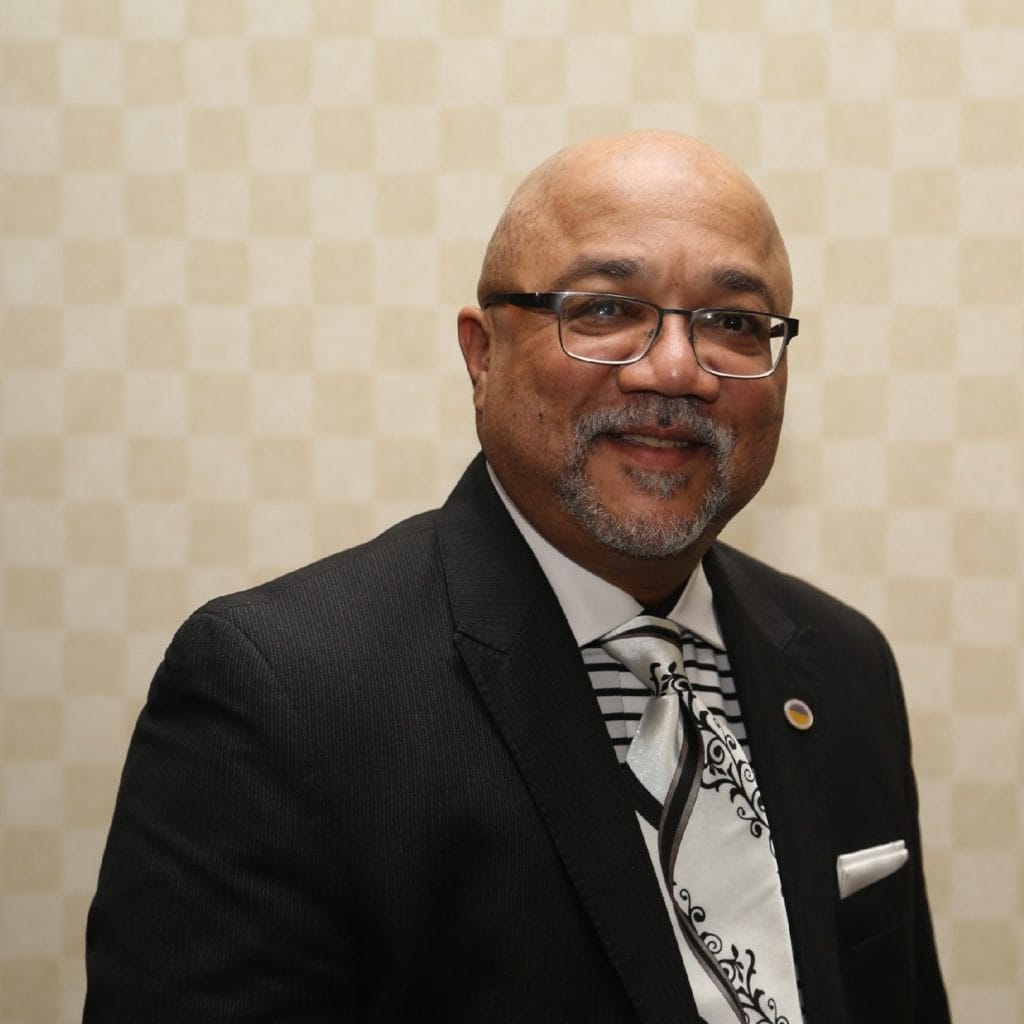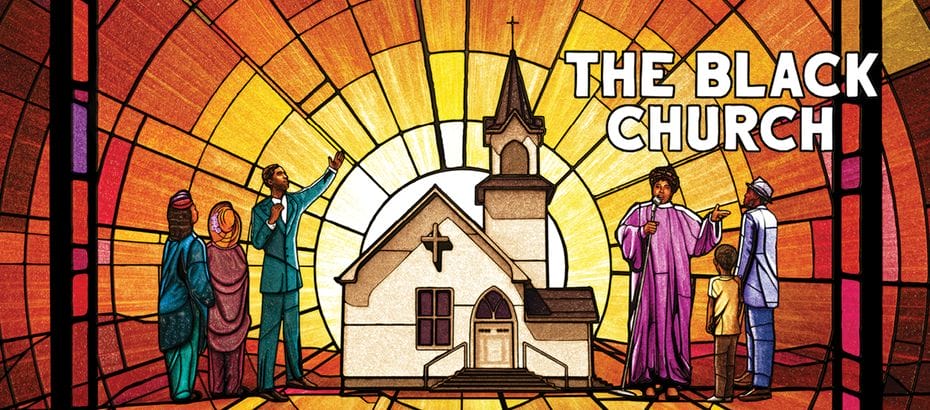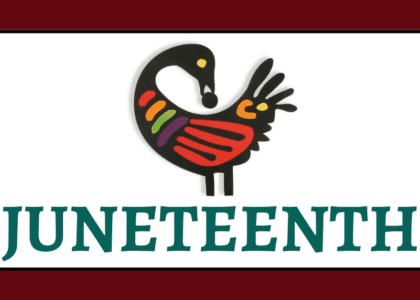By Timothy Tee Boddie
Last February during Black History Month, I was tremendously blessed by the broadcast of the long-awaited documentary: The Black Church: This Is Our Story, This is Our Song, on PBS. Based on Dr. Henry Louis Gates, Jr.’s book of the same name, the two-part, four-hour documentary was in many ways a transformative look at the 400-year history, culture, and influence of the Black church in America. As with any effort to adapt an entire book into three or four hours of film, the producers of this documentary had to make some tough choices on what to include, what to omit, what to dive deeply into, and what to skim over. For the most part, I was pleased with the final product–except for one disturbing decision: to reduce the deeply troubling legacy of homophobia in the Black church to about three and a half minutes of cursory rationalization rather than what could have been a productive and empowering self-critique.
Introduced by religious scholar and ethicist, Dr. Jonathan Walton, Dean of the Wake Forest Divinity School, who is also African American, the brief segment on homosexuality in the Black church opens with his words, “In practice, same gender-loving brothers and sisters have been included at every juncture and in every phase of the life of our Black churches,” and with a wink and a nod, he continues, “It’s just kind of a ‘don’t ask, don’t tell policy.’” Never mind that that Clinton-era presidential policy failed with the military and has thankfully been repealed, such a dismissive statement on this deeply entrenched problem with the Black church is not only inadequate, but also I would think, it is downright insulting to the LGBTQ+ community.
Dr. Gates then interviews same-gender loving woman, Bishop Yvette Flunder, founding pastor of City of Refuge United Church of Christ in Oakland, CA, who laments, “What made me an exile [in the Black church] is that I decided to tell the truth.” Ironically, the church that preaches and purports to live by the scripture, “…the truth will set you free,” is fine with telling only half-truths when to comes to homosexuality in the church. Instead of talking about the ways in which such a hypocritical posture of the church has contributed to the trauma experienced by many LGBTQ+ sisters and brothers, the docu-series quickly pivots to how the gay and lesbian community began to cope with this rejection in the 1970s by taking the music and rhythms of the church, changing the words, and dancing into the discos of the 1970s. Cue Sylvester’s gay anthem, “You Make Me Feel (Mighty Real)!”
The makers of this documentary missed a golden opportunity to urge the Black church to examine and deconstruct the conservative White supremacist evangelical theology which had crept into the Black church. They missed the opportunity to critique this oppressive theology, which had long been used to dehumanize and enslave Black people, and now was being used by Black people to oppress others on the basis of sexual orientations and gender identities. Instead, they took the easy way out. They shrugged.
The only saving grace about this segment comes at the end when Dr. Kelly Brown Douglas, author of the groundbreaking book, Sexuality in the Black Church: A Womanist Perspective
(1999) raises the thought-provoking question that is the question for this moment: “How is it that a church that emerged out of the struggle for freedom would then, indeed, oppress its own members?”
It is not enough for the LGBTQ+ community to feel free to live their own truth in the Black church. True liberation for all communities requires that allies of different sexual orientations and identities come alongside to speak and live the unadulterated truth with them. I wholeheartedly agree with Dr. Brown Douglas’s prophetic closing pronouncement, “If the Black church is going to survive, it is going to have to be welcoming to the whole entire Black community because, otherwise, there’s not going to be a church.”

Rev. Dr. Timothy Tee Boddie is a Social Justice Church Engagement Consultant at Sojourners in Washington, DC. He and his wife live in northern Virginia, and they are the parents of two young adult children.




Recent Comments